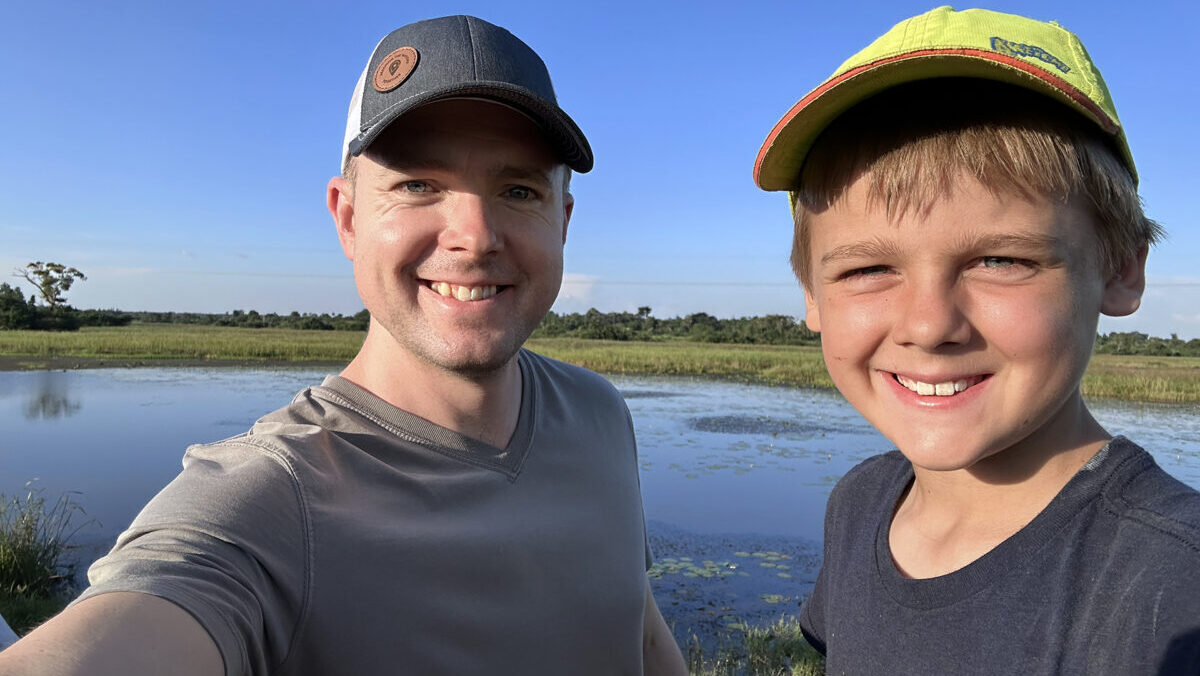My previous column, “Climate Change Needed for Funding Baptist Associations,” suggested that shifts in denominational funding call for associations to adopt the principle of multiple funding streams.
Creating a new climate for funding associations is essential for their future vitality and vibrancy.
Consider the soft drink marketing competition from the 1960s. Coca-Cola was clearly No. 1, Pepsi was No. 2 and for many years 7UP was No. 3. It never moved beyond third place.
And then 7UP created a new climate category known as the uncola. 7UP was in a distinctive category of soft drinks, and it was No. 1 in that category from day one.
Associations are also distinctive. They are organisms. State conventions and Southern Baptist Convention entities are organizations.
Associations do not need to keep competing with state conventions and SBC entities. They need to create their own climate category of multiple funding streams.
As far back as World War II, state conventions and SBC financially supplemented associations. With the climate change in funding, these days are rapidly ending. Associations must have a proactive strategy to address this climate change before all the icebergs melt.
A beginning point
My list of 10 funding streams is not exhaustive. They are a beginning point that will take several years to fully implement in an association. Look around as some associations are already doing these. It is likely that every association has the first two funding streams in place because they are foundational.
1. Church contributions.
Churches are the association. The beginning point should be a percentage of the budget receipts from every congregation or at least a specific dollar amount in each church’s budget.
Financial contributions from churches to the association should be a core value and expectation of every member church.
2. Special offerings and designated gifts.
Emphasize the ministry of the association by celebrating a week of prayer and taking up offerings in the church. Provide a list of specific missional causes to which congregations, missions groups and individuals could designate their gifts.
3. Fees for events and services.
A small fee should become an expected practice for many events.
Participants should expect to pay for meals, refreshments and resource materials received. Show participants how this is a partnership and the association budget has paid most of the cost.
One caveat: Offer all events for free to people from churches that give at least three percent annually to the association from their undesignated tithes and offerings.
At the same time, the association should offer many on-site services for churches at no charge beyond their contributions to the association.
Two exceptions can be made to free on-site services: Churches who have not contributed for over one year should be charged a small fee for services. Churches who ask for in-depth premium services requiring significant time and resource investment should expect to pay a fee.
Ongoing strategy
4. Development efforts.
Associations need an ongoing financial development strategy that pursues special gifts from individuals, organizations and churches to form an endowment for the association.
Associations can also encourage churches to engage in financial development work. Advocate for members in the churches to develop a plan to make charitable gifts through wills and other financial instruments. The association can be one of the benefactors of these efforts.
Each member church also needs a statement in its bylaws that transfers its assets to the association upon the church’s dissolution. This can allow for continual missional use of its facilities and assets as part of an overall Great Commission strategy.
5. Investment efforts.
Associations need an investment strategy that deals with short-term and long-term financial reserves. Many state conventions have foundations that can assist with this need.
The strategy can address funds needed during the current budget year, mid-range reserves three to five years into the future and permanent reserves.
Much of the permanent reserves may come from wills or bequests from individuals or dissolved congregations.
Untapped resources
6. Grants from denominational organizations, foundations, businesses, government and other entities.
Grants for special projects or programs are available from various organizations.
My most recent association received a grant to repair a church building that was on the national historic registry. No government regulations created any interference with spiritual practices.
Grant writing is not something many associations do. But they should. Grants may be a significant untapped resource from various entities who want to support humanitarian and even spiritual causes.
State conventions and Baptist foundations often have grants available that go unused.
7. Innovative staffing.
Look beyond traditional staffing. Few associations can finance multiple full-time staff.
Consider bivocational or covocational people in ministry or compatible secular employment with the needed skills and passion. Contracting with them will increase the staffing capacity of associations.
The last association I served could support me and two other full-time staff persons. We contracted with eight people with special skills. I remained the only full-time staff person. We significantly increased our capacity to serve churches and handle our administrative needs.
Physical space
8. Sell your office.
If you own an office location, sell it or lease it. If you lease your office space, leave it as soon as the lease ends.
The pandemic taught us we do not need a physical office. We can function virtually and gather online or in a third space location when we need to huddle with administrative groups or for events.
Remember that the churches are the association. We are a family fellowship in a ministry setting. The association is not a building or office to which people go.
When you have meetings, hold them in churches. Hear from the pastor and staff of that church. Pray with and encourage them. That is a much greater expression of associationalism than going to an office building.
9. Sponsorships.
Have outside sponsors for every gathering or associational event. Establish a fee schedule. Give sponsors the opportunity to share materials and speak to what they offer that adds value to congregations.
Start with Baptist entities. They often ask for time to promote their ministries by speaking with pastors, staff and lay leaders. As part of our Baptist family, we should encourage their sponsorship.
Financial resources
Baptist entities usually have greater financial resources than your association. They should take your churches seriously enough to pay for the privilege of speaking to them. This should include a fee or in-kind resource if they set up a booth at your annual meeting or want a few minutes on the program. They should also commit to stay through your whole gathering so they can learn more about your congregations and how the association serves them.
Community and business organizations are also potential sponsors. They have products, processes and services your congregation would value. Most are glad to pay a fee in exchange for getting an audience.
Be sure to vet all organizations and their products, processes or services before allowing them to come. Offer to send information about their sponsorship to all churches. Even those not present may benefit from their services.
In all sponsorship cases, have a signed letter of agreement that makes the relationship clear, sets goals and establishes boundaries.
Reach the community
10. Income from people from nonmember churches.
Your association likely has wonderful events and experiences it offers to its member churches. We Baptists do a lot of things well.
Open your training events and services to people from the community at large, those who are outside your association and denomination. Charge them a fee higher than that charged to your member churches.
This is both an additional income stream and an example of Kingdom-focused ministry.








